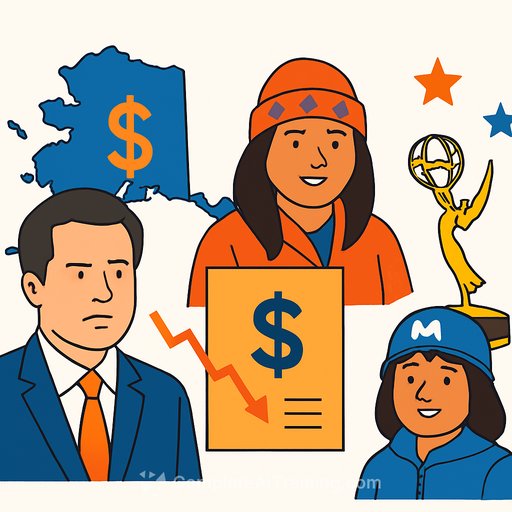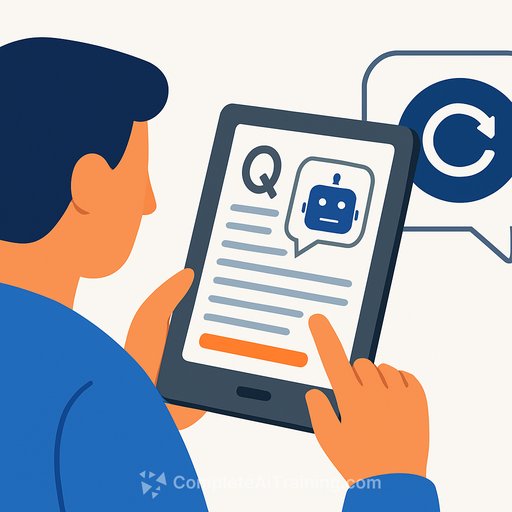Failed Writer's Take: Imitative AI and Media’s Blind Spot
Here’s a quick reflection this week, sparked by missing a small milestone in a personal project—sometimes we overlook the obvious when caught up in routine. That aside, the real question is about the current wave of media companies partnering with imitative AI firms. What’s going on here, and why does it feel off?
More media outlets are licensing their content to train AI models that imitate human writing and creativity. Some even integrate these AI tools into their offerings. But what’s the endgame?
Why Trust AI to Create Content?
Let’s assume imitative AI eventually gets good enough to produce news and creative work people would pay for. Honestly, that seems unlikely. The progress in model quality has slowed, and these systems inherently generate content by piecing together patterns from existing data. They can’t invent truly new ideas—they remix the past.
At best, AI can generate average, derivative work. Not the kind of breakthrough writing or journalism that keeps readers hooked.
The Business Puzzle: Why Media Companies Help AI Firms
Assuming many people are okay with mid-tier content, why would media companies help train and improve these AI products? The best-case scenario for AI firms is creating personalized content based on user prompts. Personalization is crucial because running these AI systems is expensive. They need to replace entire industries or generate enough paying users to justify costs.
If a company like Disney still needs human editors to polish AI output, the cost savings might be minimal. Skilled employees remain essential, making AI less economical than it seems. Yet, cutting out traditional media giants altogether could lead to profits for AI companies. So why would Disney or The New York Times enable their own potential obsolescence?
Three Possible Explanations
- Short-term play: Maybe these firms don’t believe AI is a lasting force and are cashing in while hype is high. This seems doubtful given the scale of investment and marketing around AI.
- Augmentation over replacement: Media companies might hope AI will help improve efficiency without fully replacing people. They buy into the idea of AI as a tool rather than a threat, expecting some balance between cost-cutting and quality.
- Quarterly pressure: Capitalism’s short-term focus pushes executives to chase quick gains. They join the AI bandwagon to please investors, even if it risks long-term damage. Destroying their own traffic with AI summaries is a trade-off they accept for immediate bonuses.
For writers, this raises important questions about the future of content creation and job security. AI tools might become part of the workflow, but they won’t replace the need for genuine creativity and insight anytime soon.
Focus on What Matters
Writers should stay informed about AI developments but remain critical of hype and unrealistic promises. If you want to explore practical AI tools for writing or media, resources like Complete AI Training’s copywriting tools offer useful starting points.
Ultimately, AI won’t change the value of original storytelling or thoughtful journalism. It can assist, but it can’t replace the human touch that connects with readers on a deeper level.
Your membership also unlocks:






